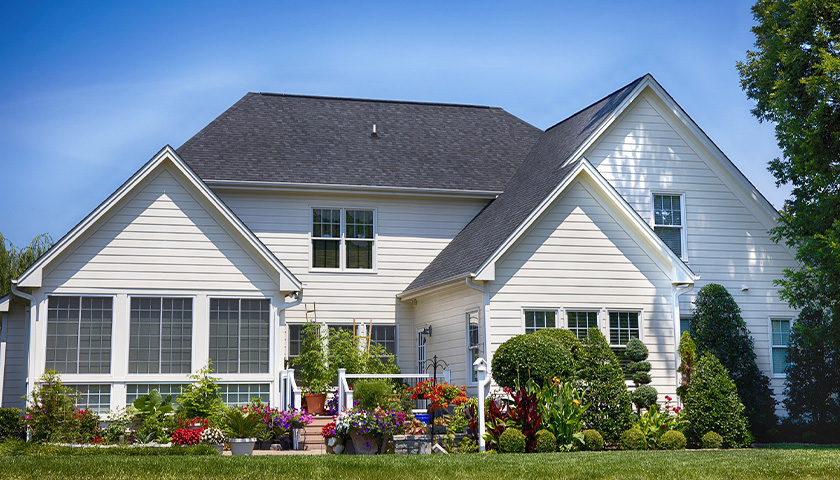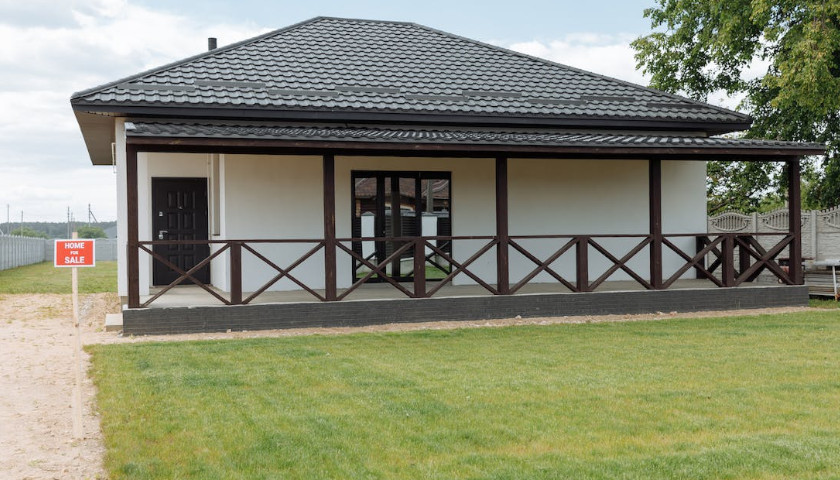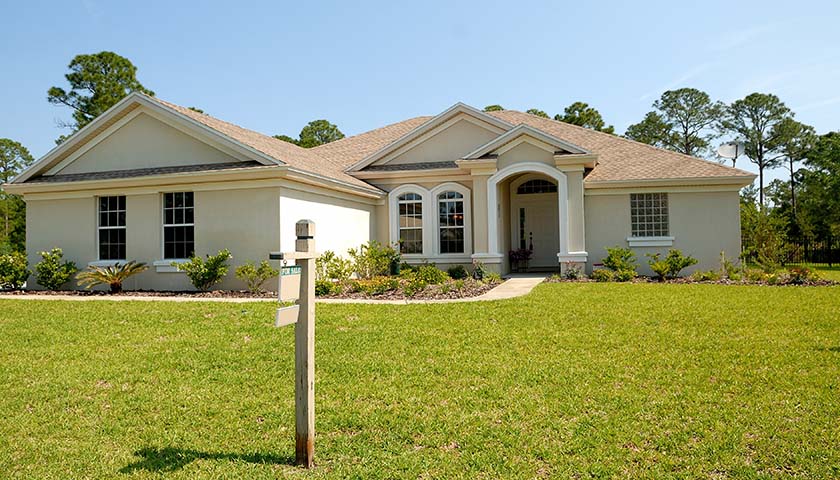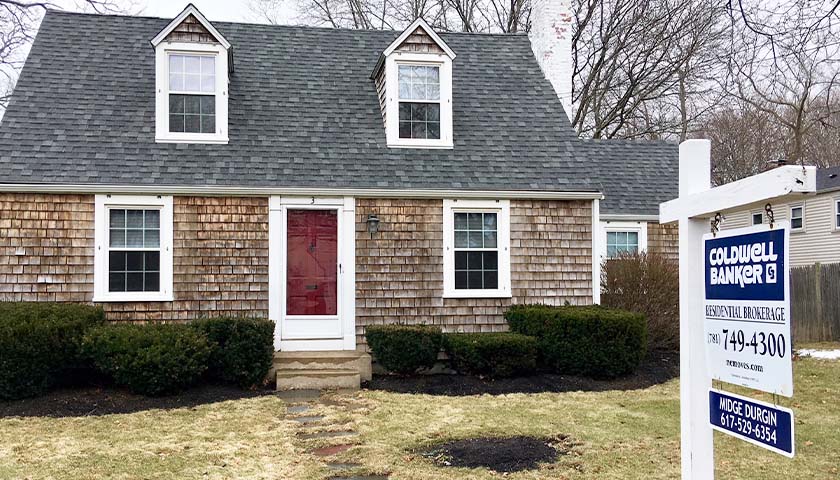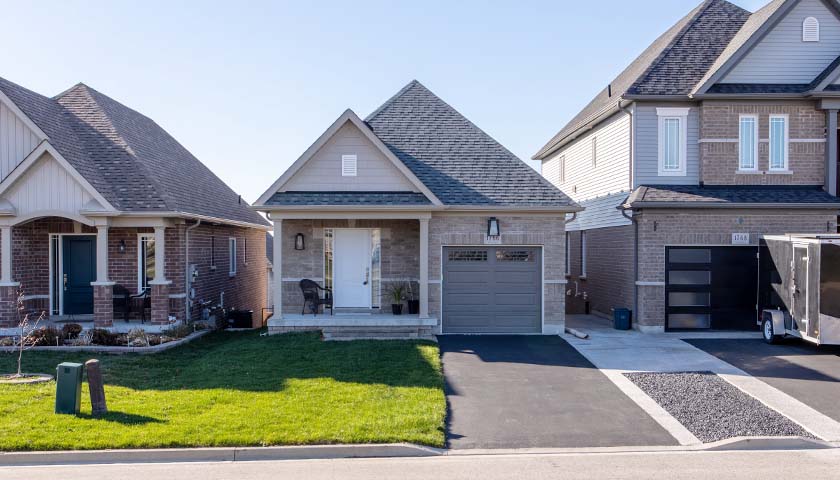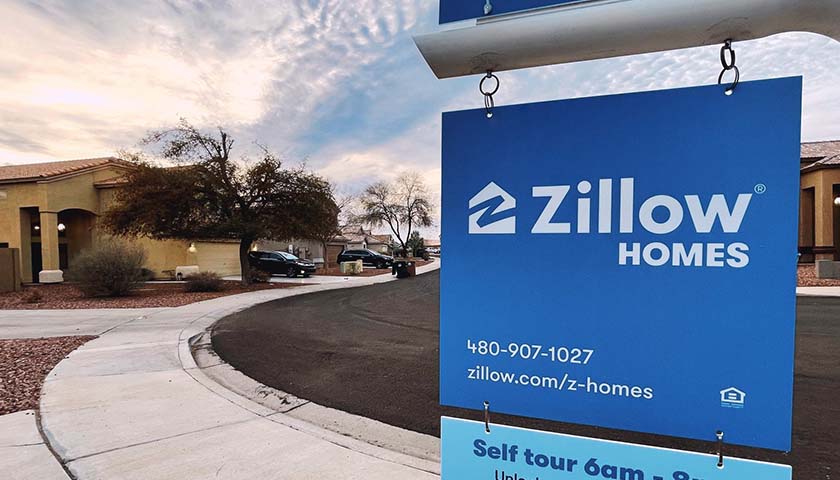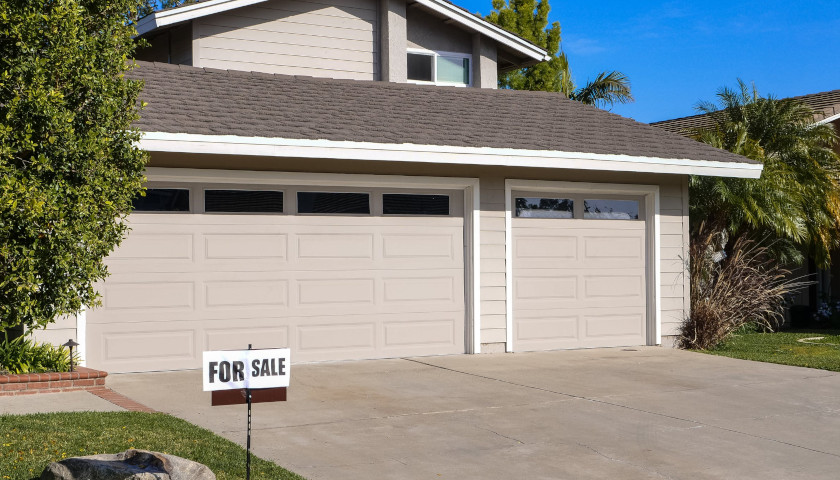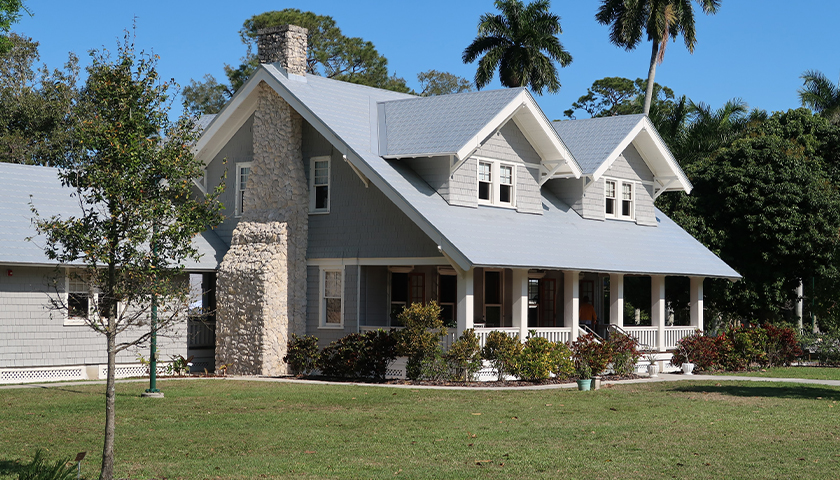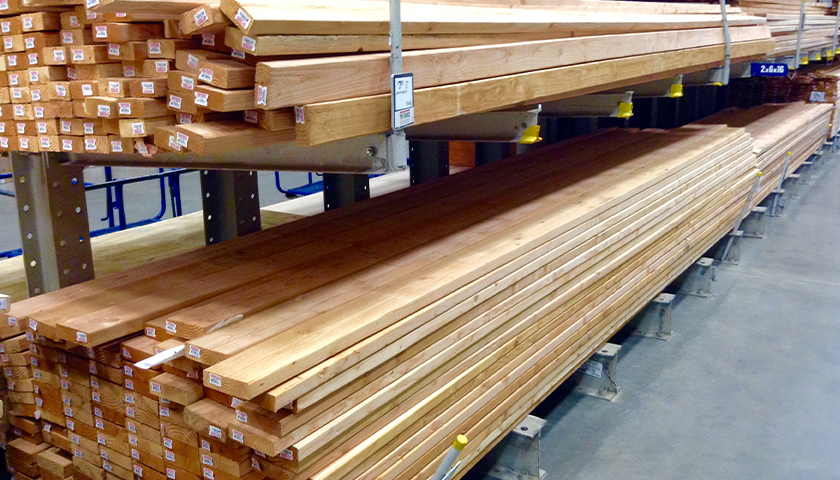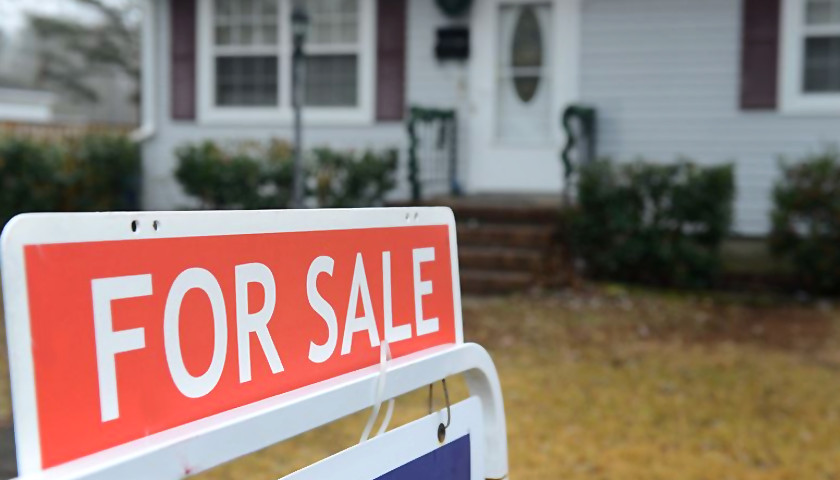Americans’ views of the housing market have plunged as interest rates continue to rise because of government-fueled inflation.
Gallup released new polling data showing that only 21% of Americans say now is a good time to buy a house, down 9 percentage points from the previous year. This year and last year during the Biden administration are the only times that fewer than half of Americans said it was a good time to buy a house since Gallup began asking in 1978.
Read More

